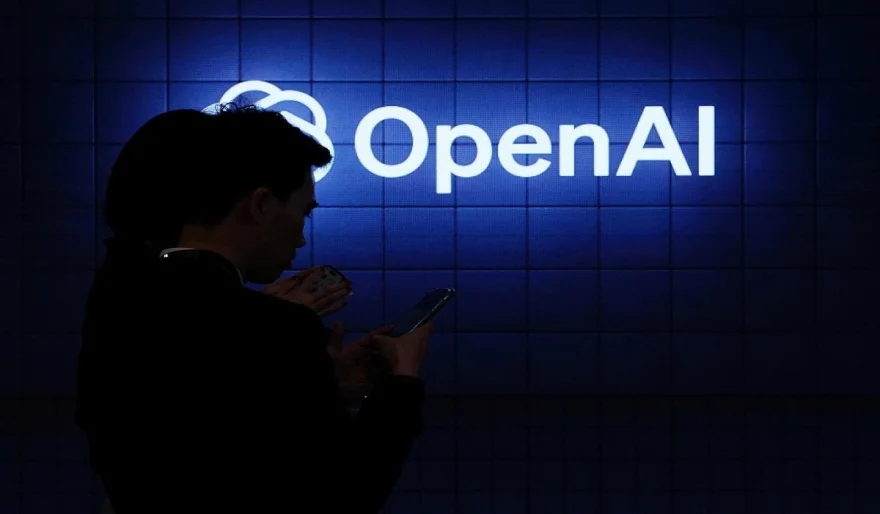Stay Ahead of the Curve
Latest AI news, expert analysis, bold opinions, and key trends — delivered to your inbox.
OpenAI's voice cloning AI model requires just a 15-second sample to function
6 min read Prepare for a future where your voice can be replicated using just a 15-second audio snippet. OpenAI, the creators of ChatGPT, have unveiled Voice Engine, an AI model capable of producing remarkably lifelike imitations of individuals' voices. April 01, 2024 06:14
OpenAI has introduced Voice Engine, a text-to-voice generation platform it has developed, offering limited access. This platform can synthesize a voice based on a 15-second audio sample of an individual. Brace yourself for a future where your voice could be mimicked using a mere 15-second audio clip.
So, how does it work?
Imagine this: someone grabs a 15-second snippet of your voice from a voicemail or social media video. They feed it into Voice Engine, and voila! They can now generate text-to-speech with your voice.
The implications are vast, and both positive and negative.
Good News, Bad News
On the bright side, Voice Engine has the potential to be a powerful assistive technology. People who have lost their ability to speak due to illness or injury could regain a voice through this AI trickery. Imagine a child using a cloned version of their voice from a home video to communicate again.
This technology could also revolutionize education and entertainment. Textbooks narrated in a student's preferred voice or audiobooks that come alive with the author's own tones? The possibilities are intriguing. Plus, think about the future of language translation – someone speaking in another language could be heard in their native tongue while retaining the nuances of their original voice.
But here's the rub: with great power comes great risk. OpenAI acknowledges the potential for misuse, particularly around:
- Deepfakes: Malicious actors could use Voice Engine to create fake audio or videos that could spread misinformation or be used for fraud.
- Privacy Violations: Imagine someone cloning your voice without your knowledge or consent! Yikes!
OpenAI is Taking Precautions
Thankfully, OpenAI isn't rushing into a wide release. They're working on safeguards like watermarks to identify AI-generated audio. They're also emphasizing responsible use through partnerships and discussions with various sectors.
The Future of Voice Cloning
The development of Voice Engine is a fascinating glimpse into the future of AI. It's a technology with immense potential, but its ethical considerations require careful attention. We'll be watching closely to see how OpenAI balances the benefits with the need for responsible use.



















 AI Agents
AI Agents